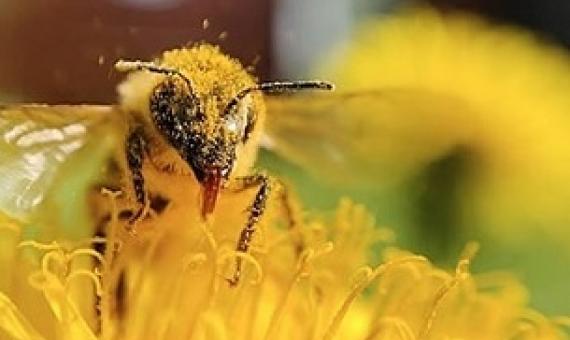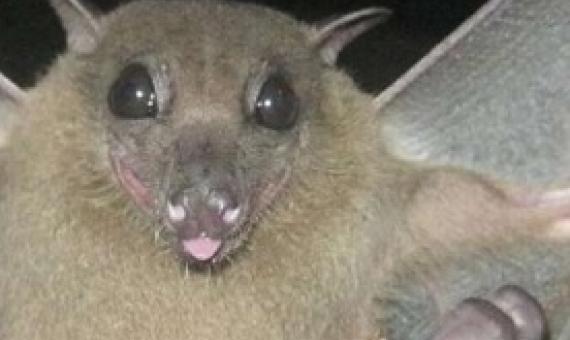A widespread loss of pollinating animals in recent decades is a fundamental deterioration in nature. This loss will ultimately lead to a “catastrophic collapse of nature’s ecosystems”.
Bats do a lot of good for the world—they pollinate plants, they eat disease-carrying insects, and they help disperse seeds that help with the regeneration of tropical forest trees. Bats and a range of other mammal groups are also natural carriers of coronaviruses.








